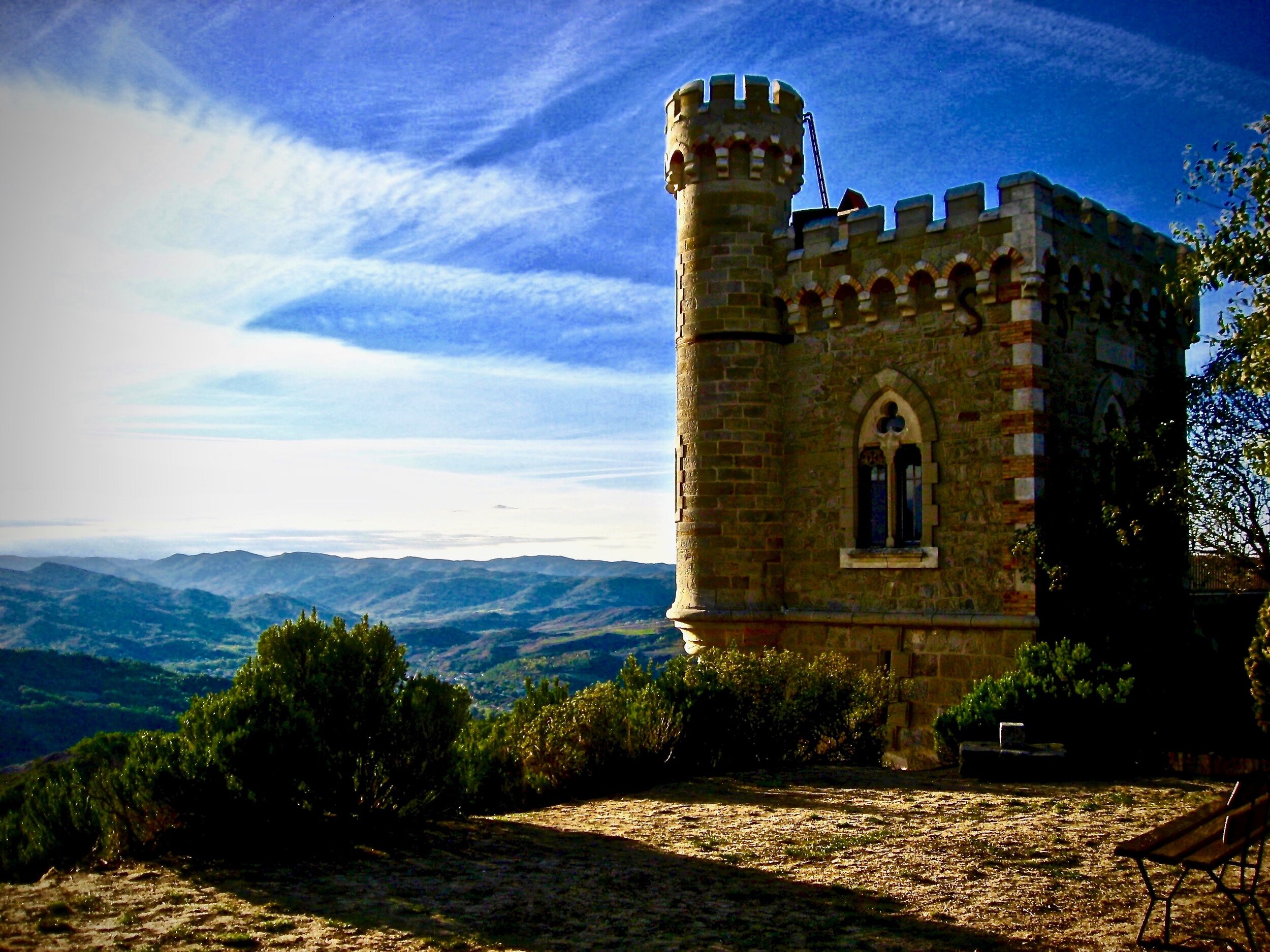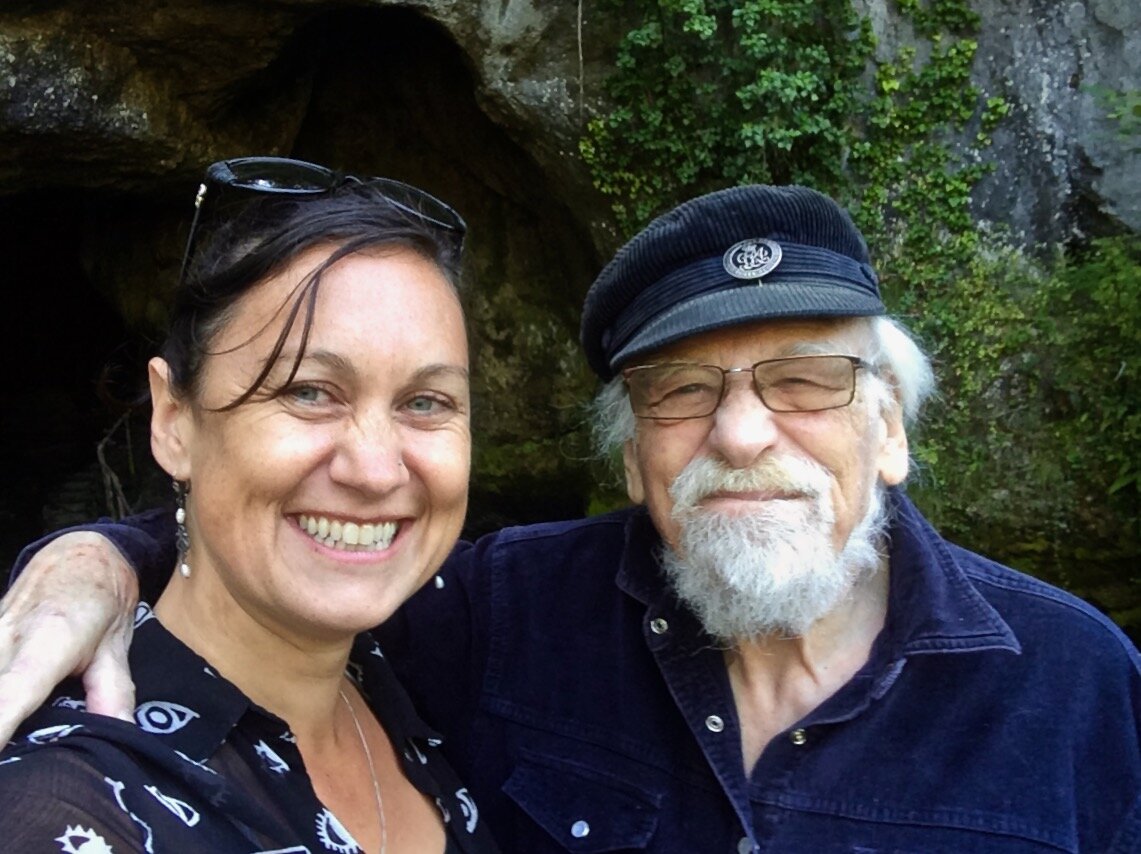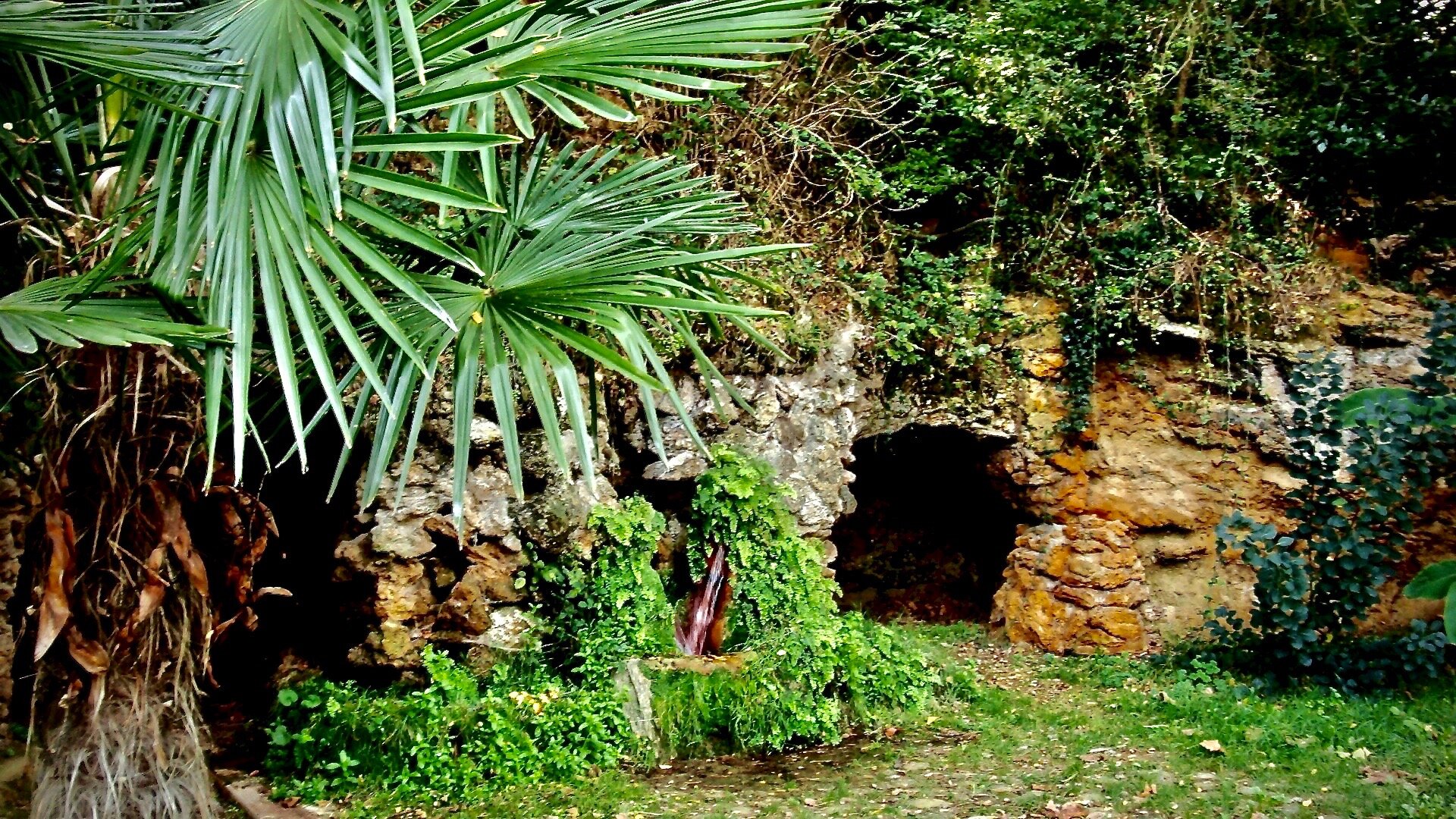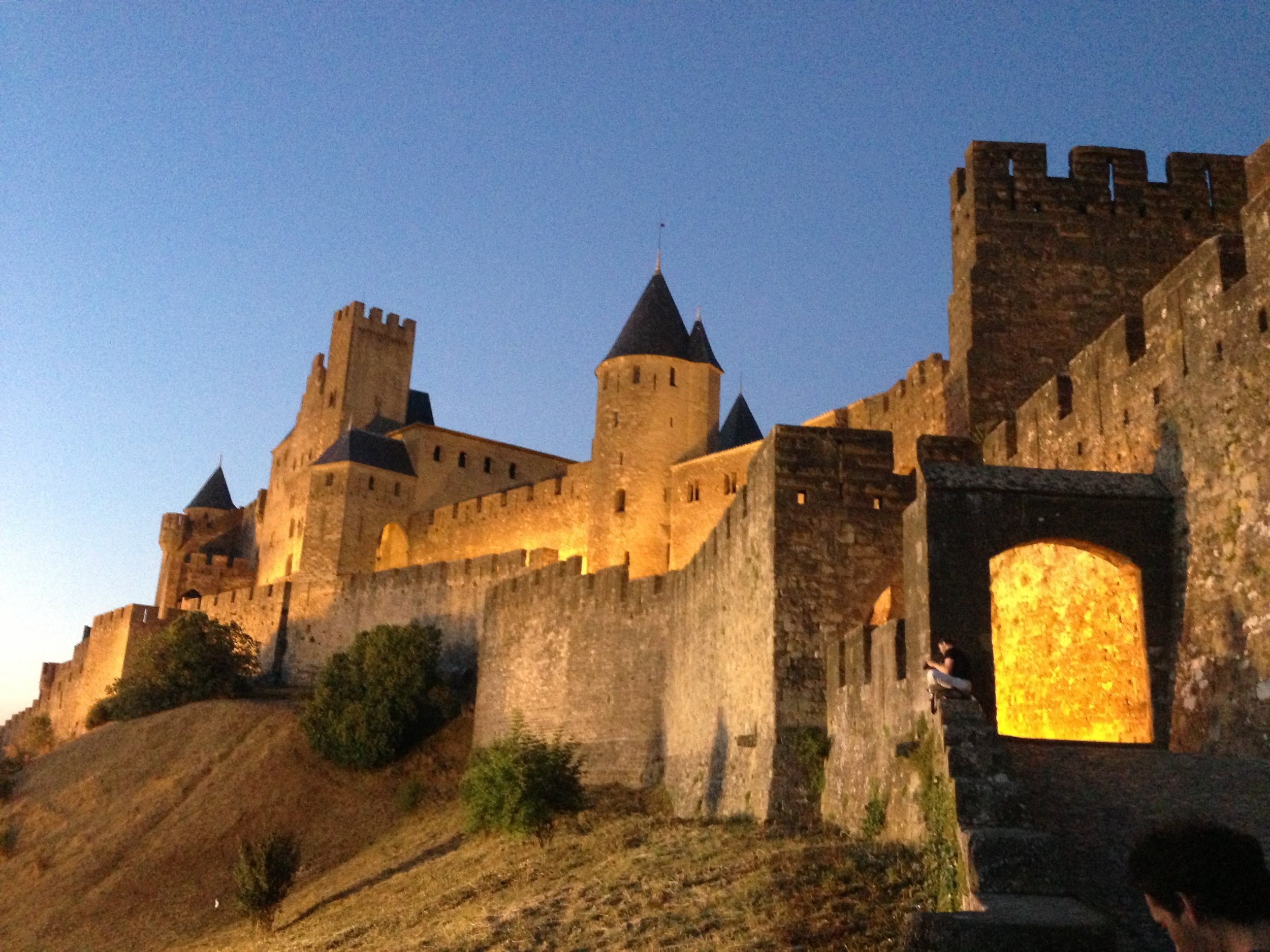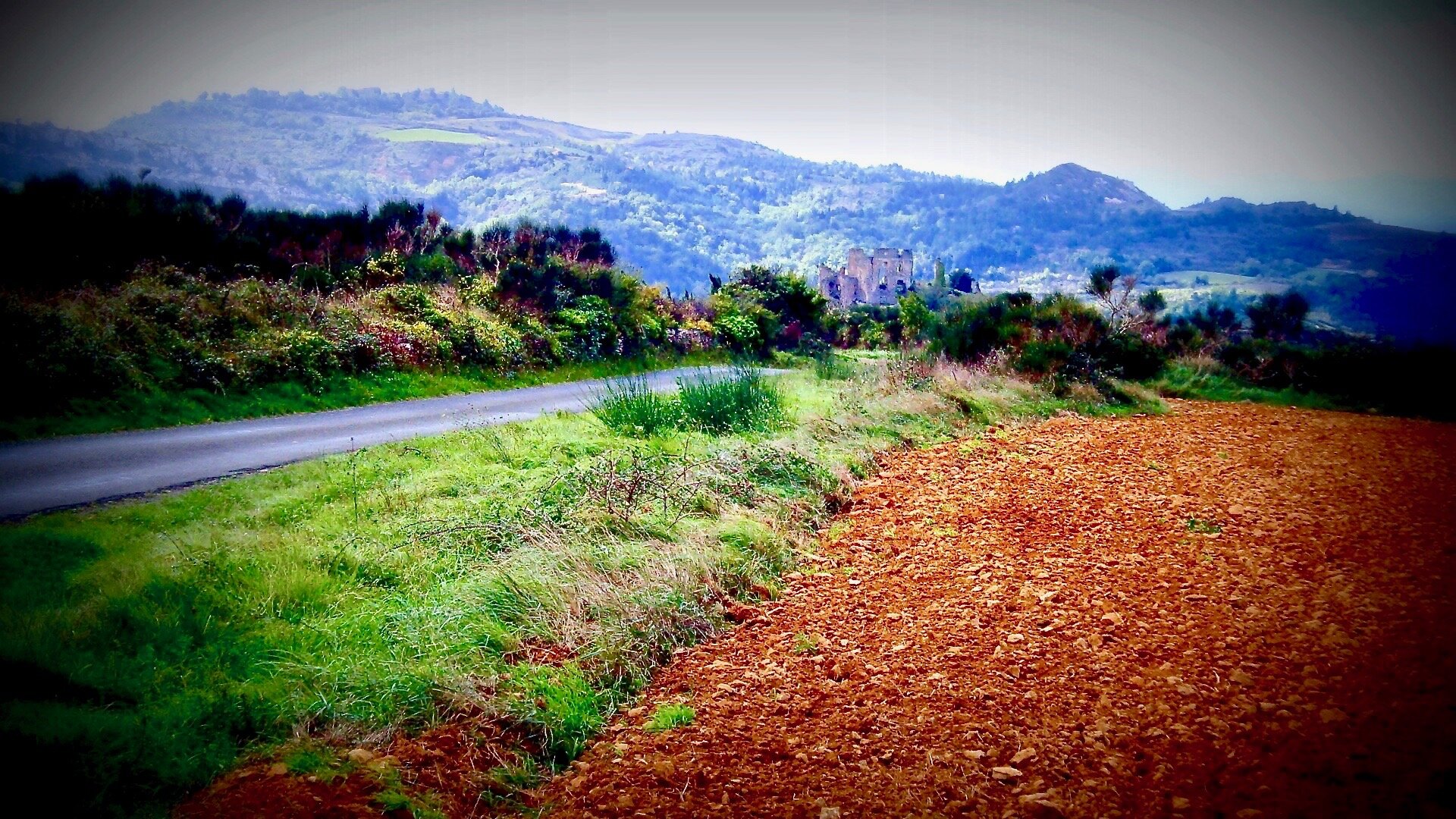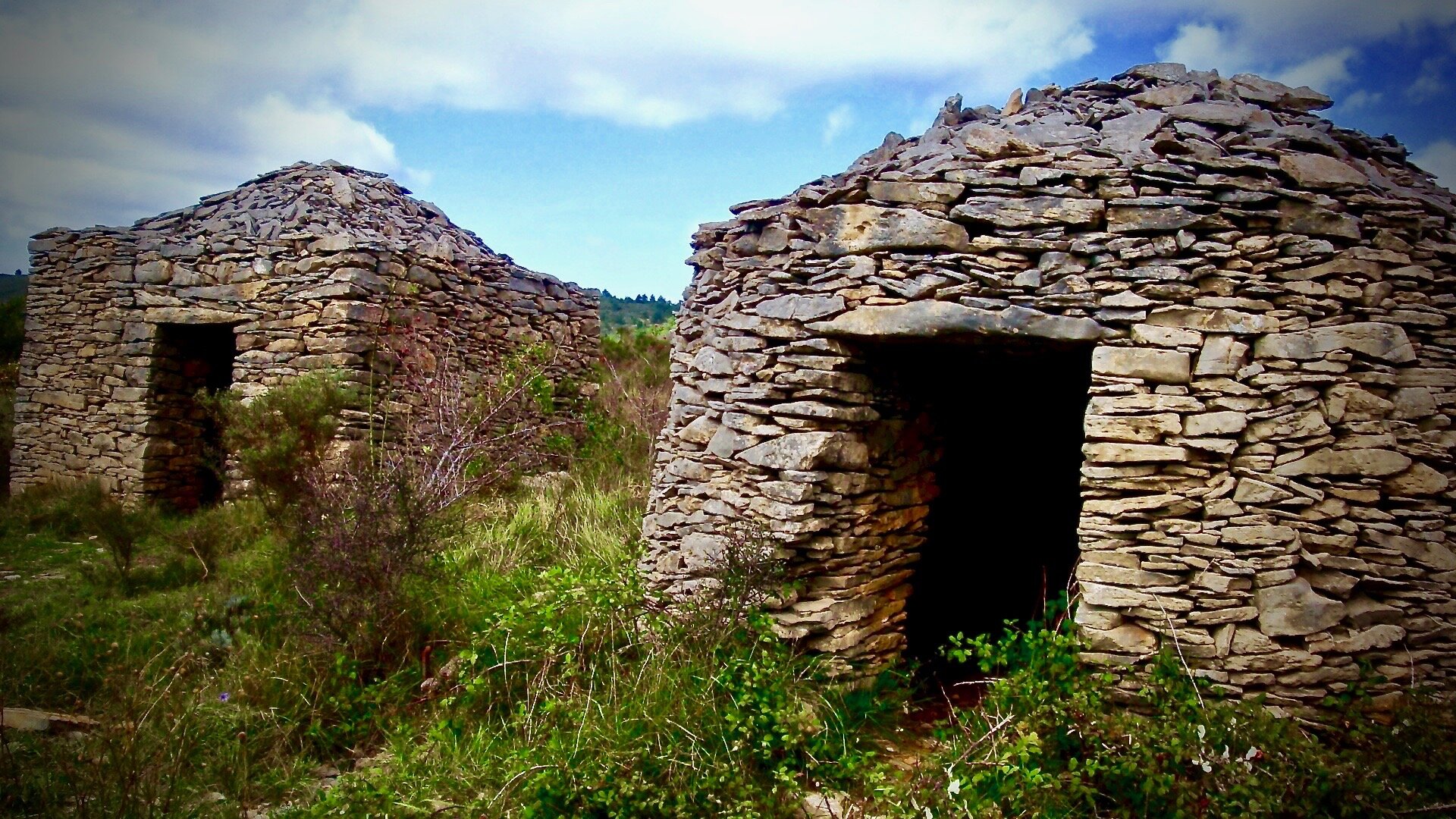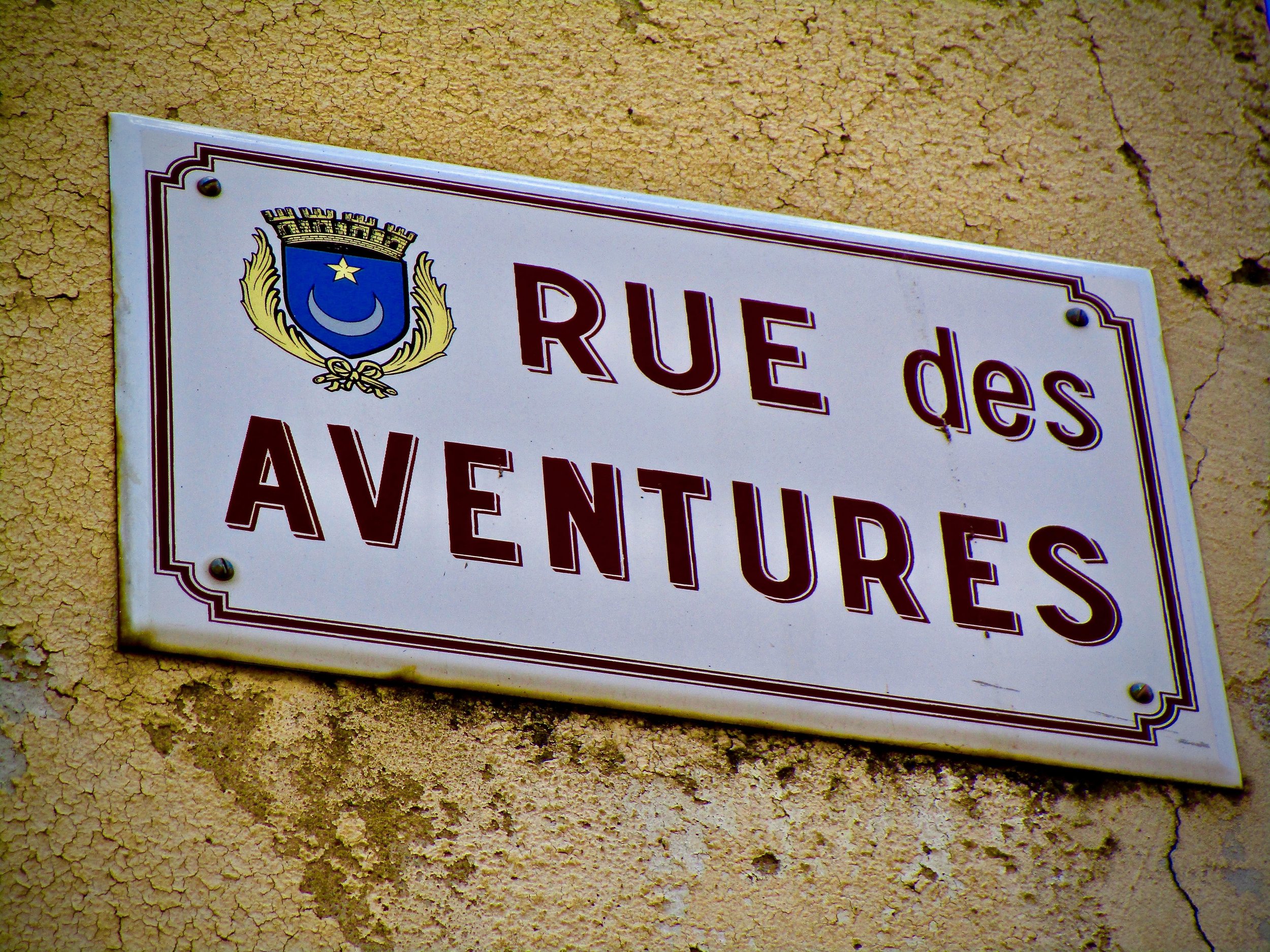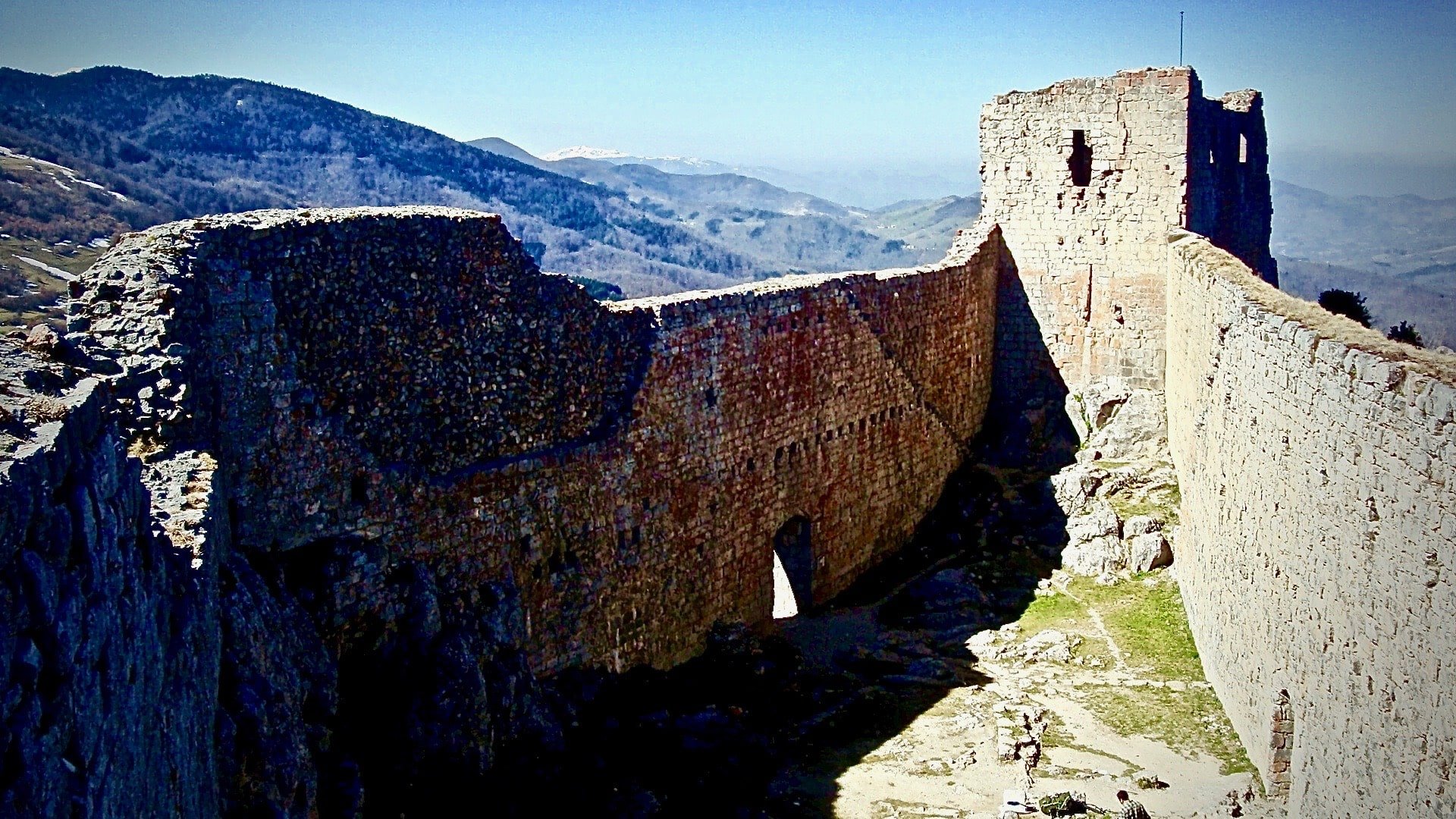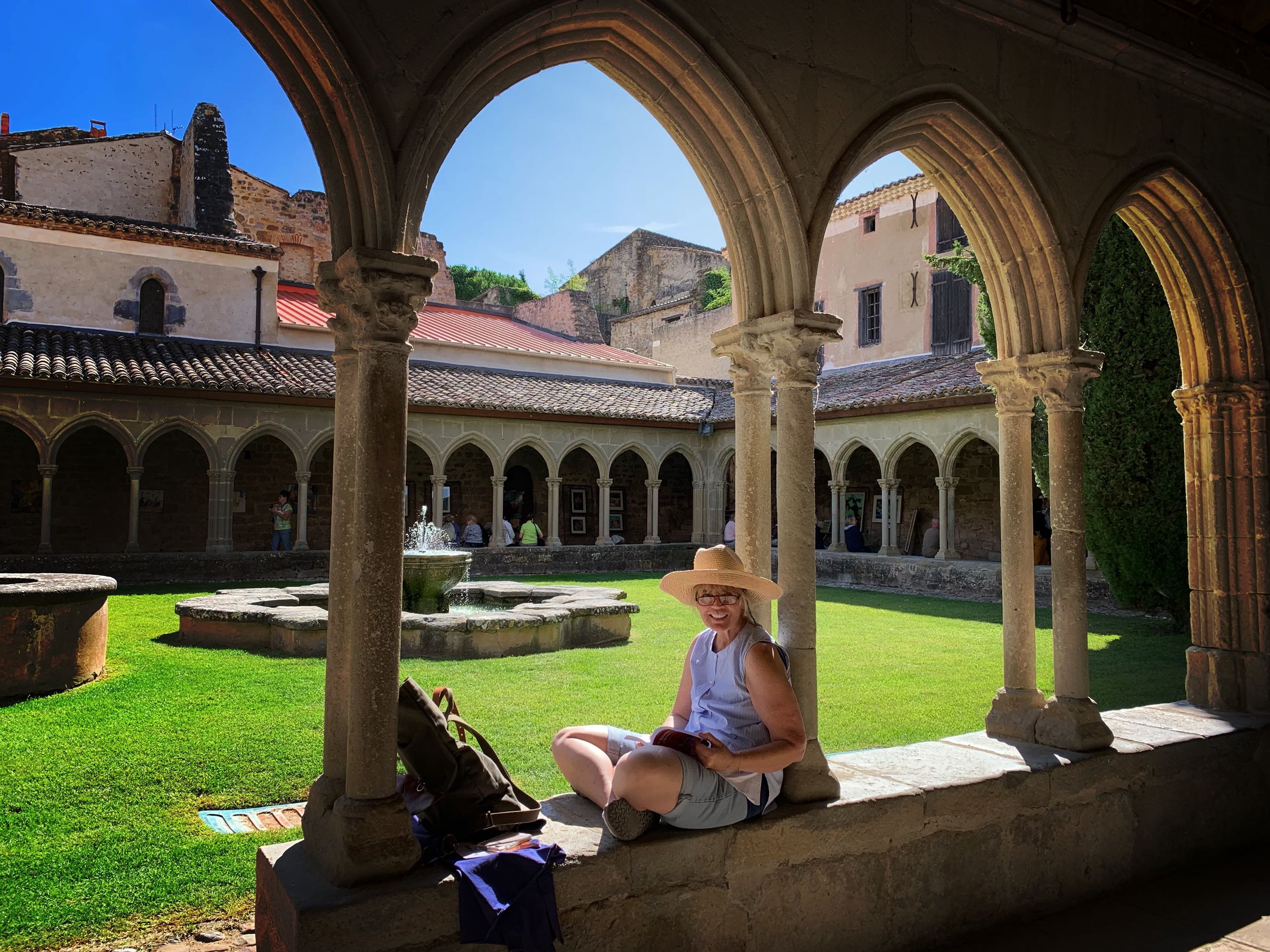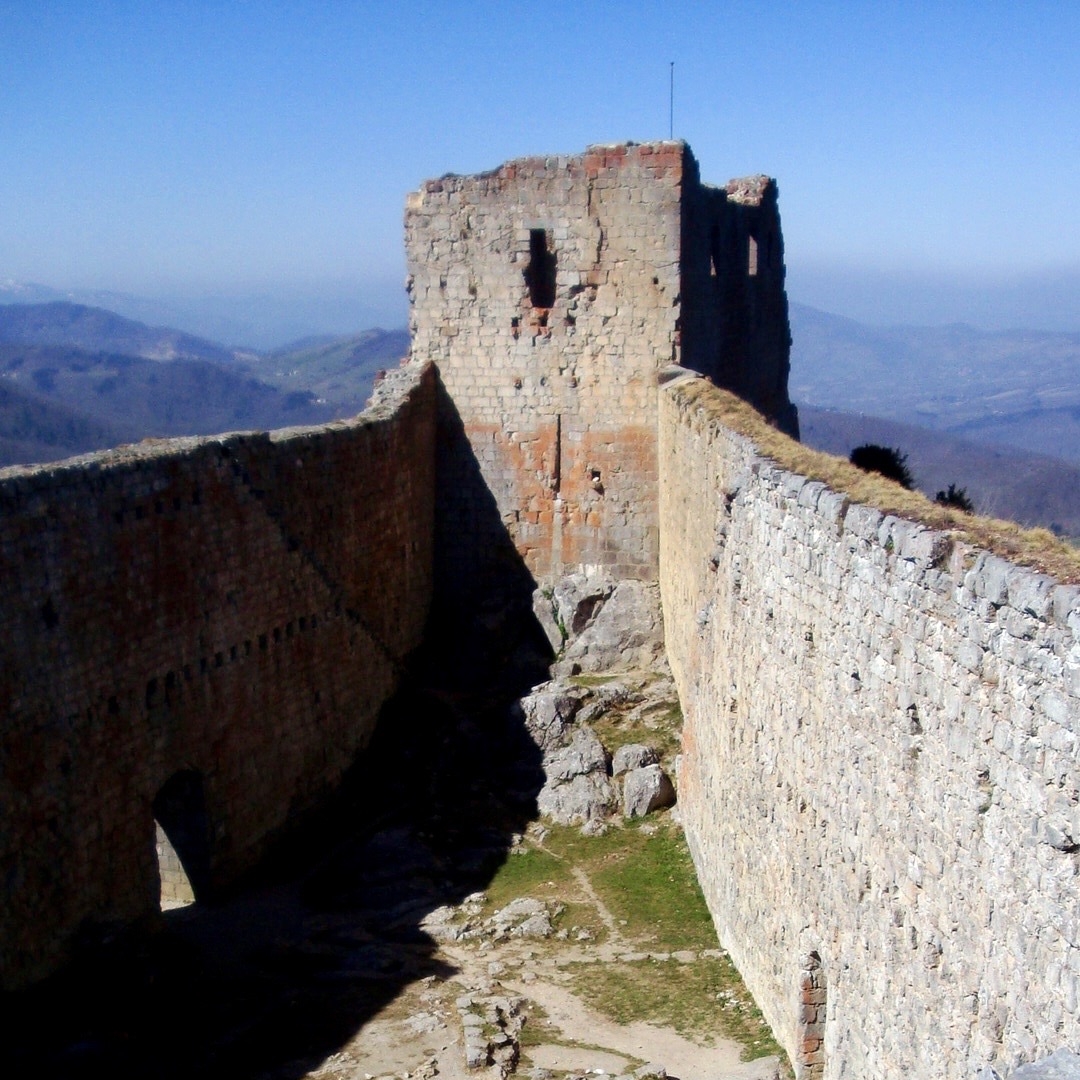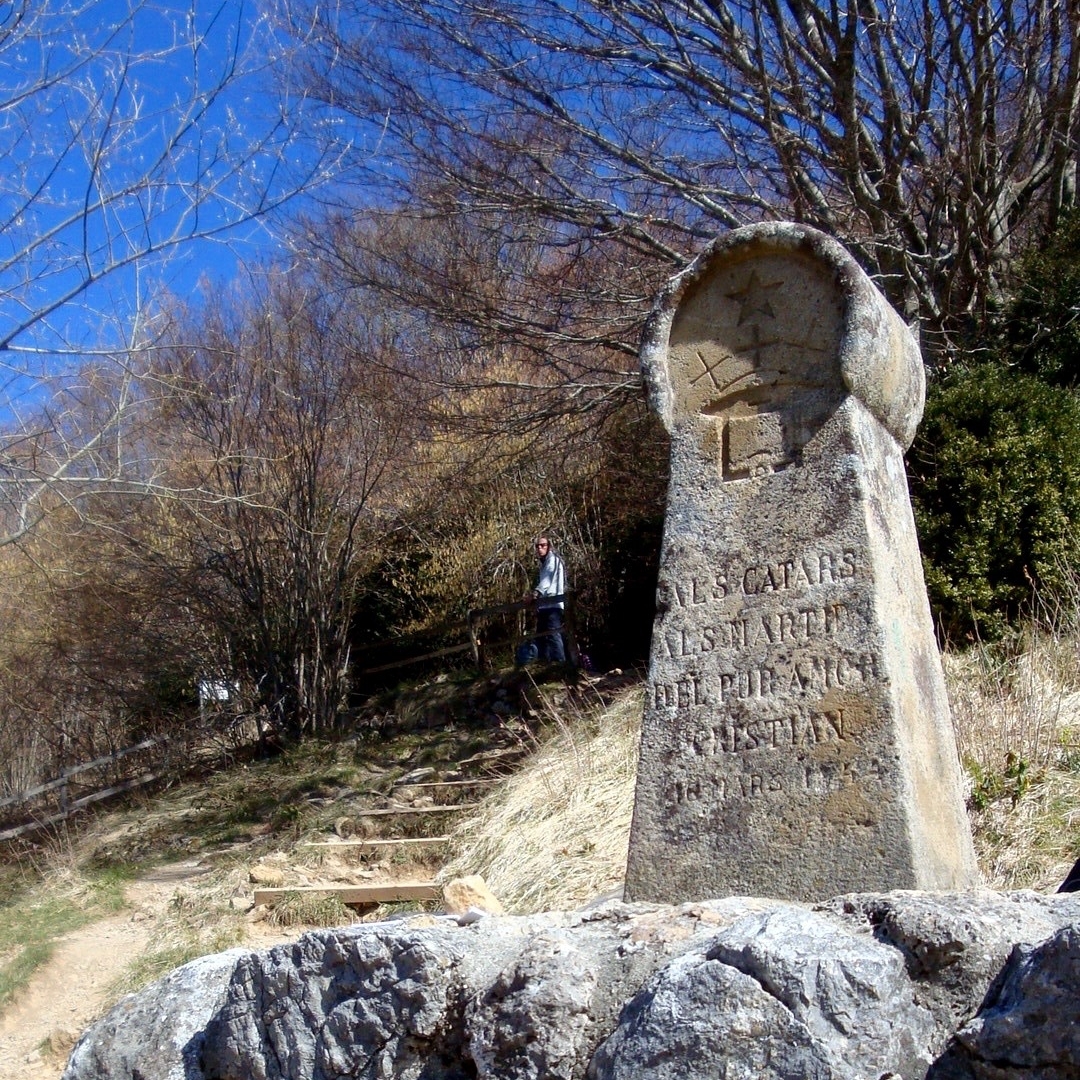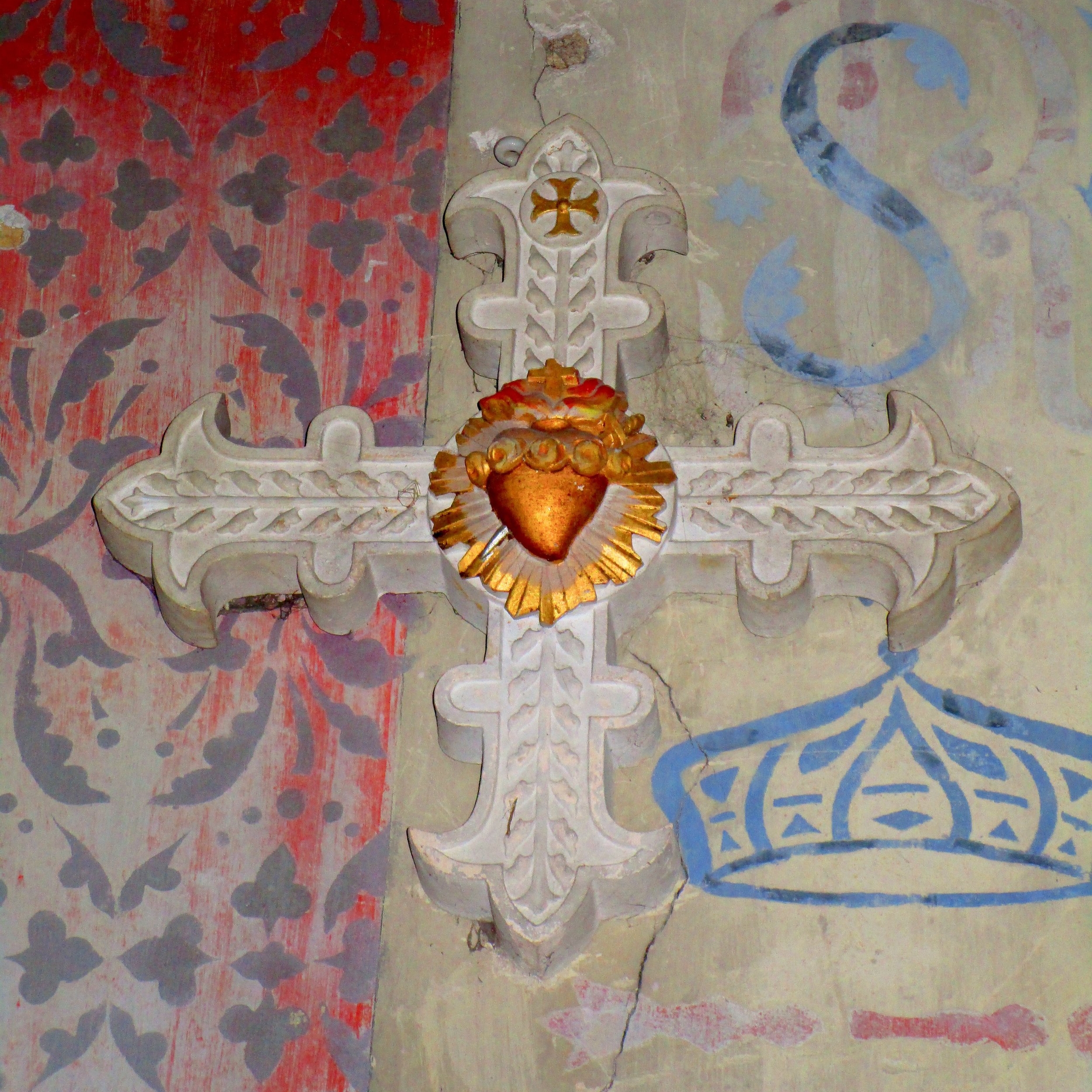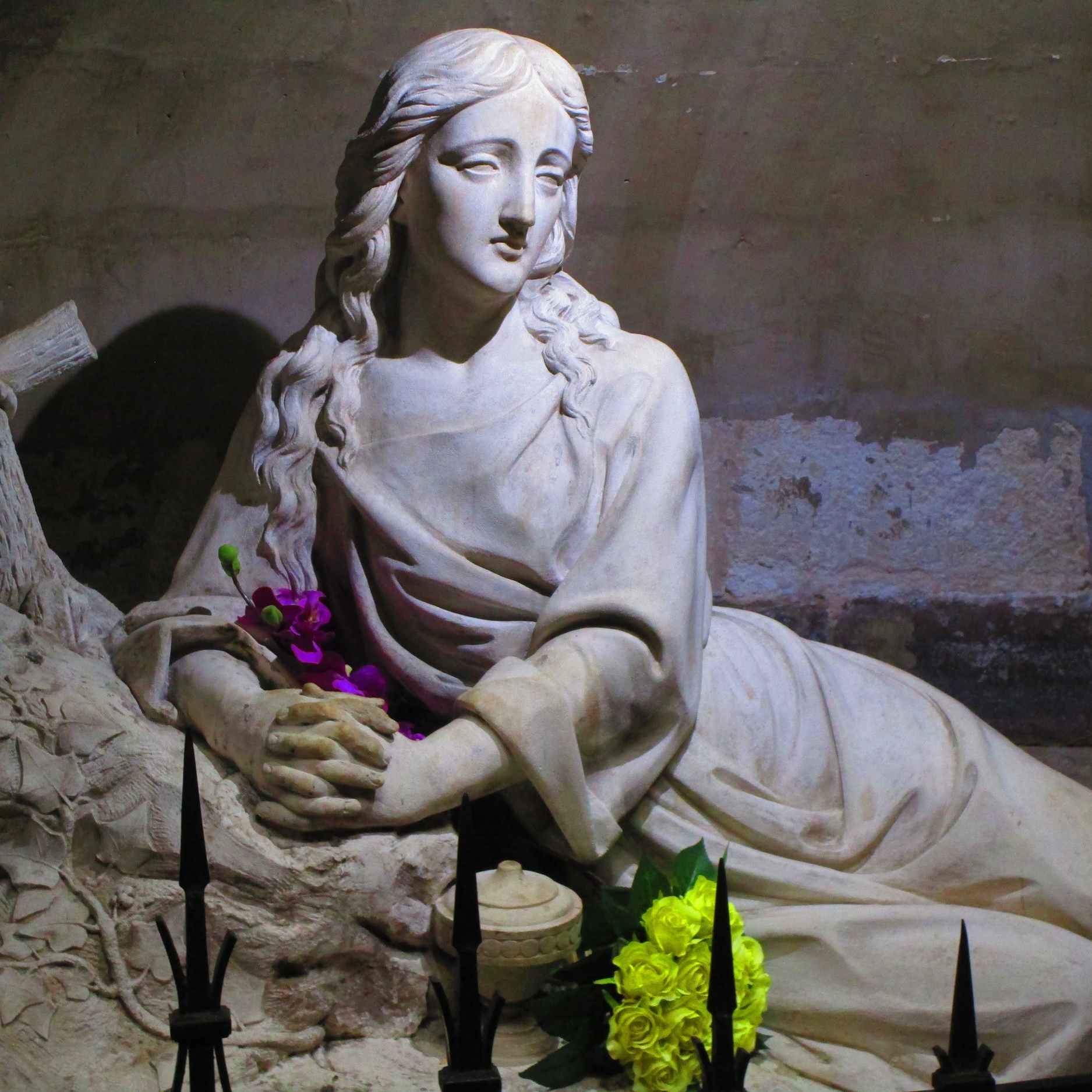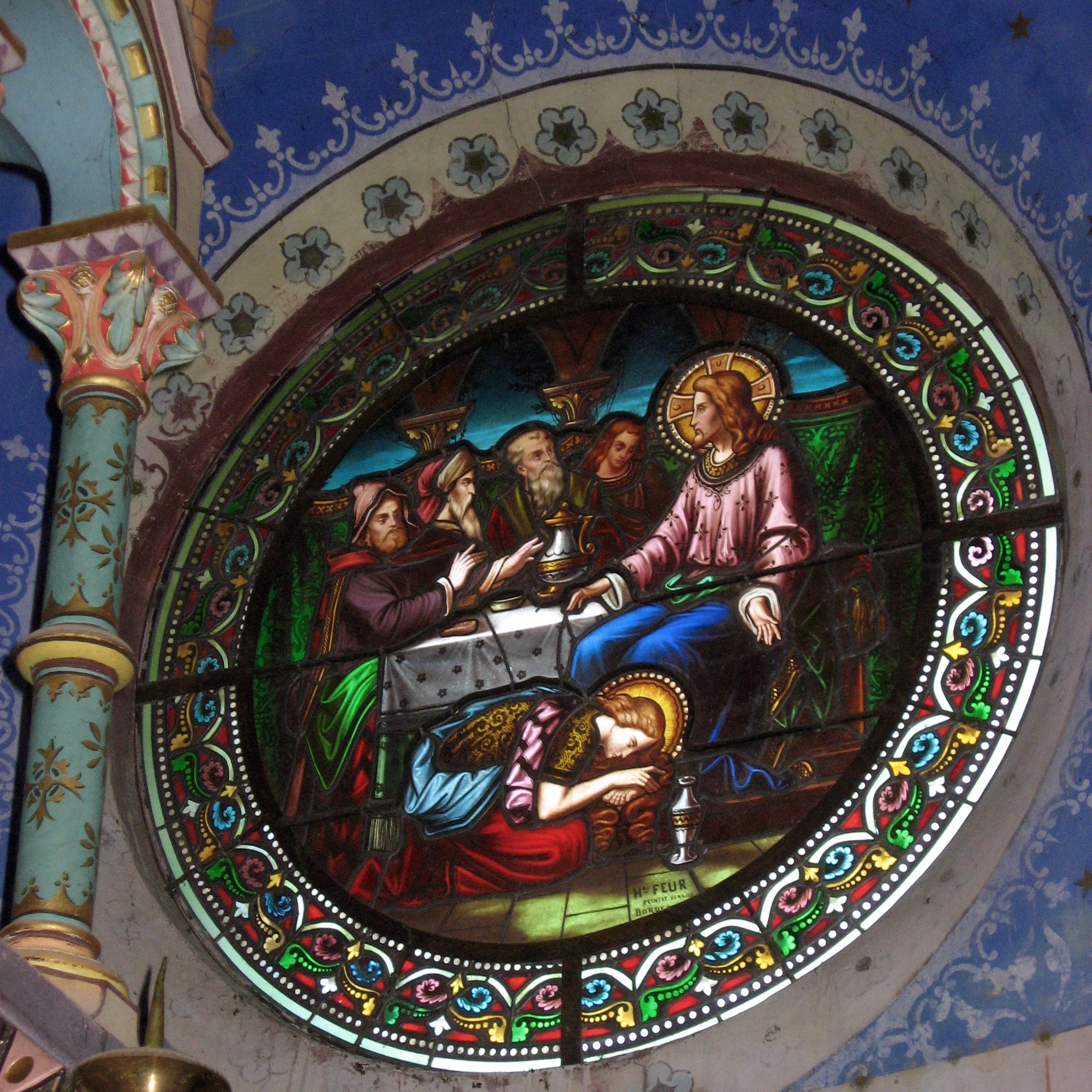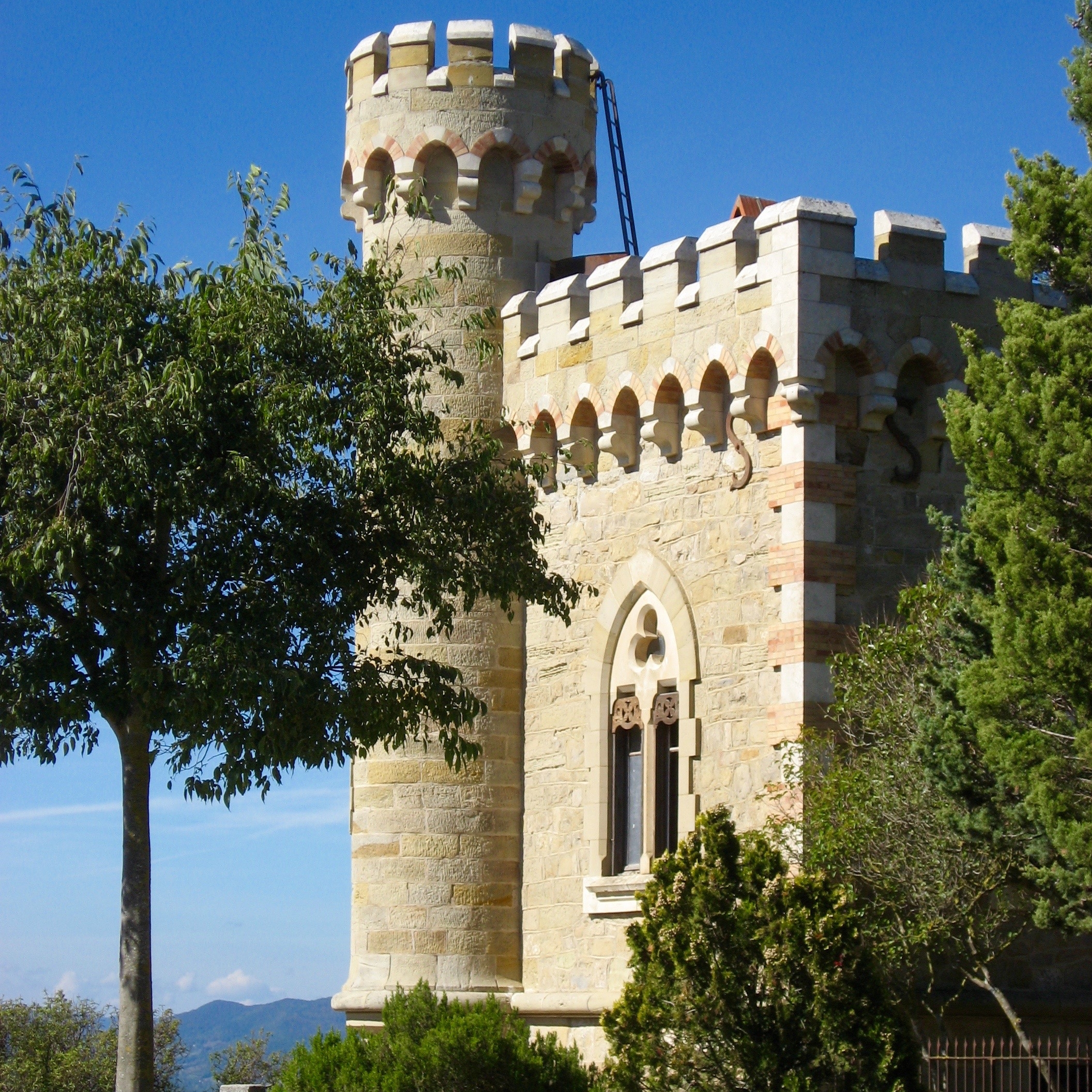Mary Called Magdalene
After the death of Jesus, the disciples were spread to the four winds. Across the sea in Southern France, a myth arose. Legend says that a boat with no sails and no oars landed on the shores of Provence. Three women named Mary, including mother Mary and the Magdalene, along with Martha, Lazarus, and an Egyptian servant named Sarah are said to have landed at Saintes Maries-de-la-Mer, now named for the arrival of the “holy Marys from the sea.” The story goes that each settled in a different area of France, that Mary Magdalene herself started a church and retired to live out her days in a grotto on the high hill of Saint Baume. Why are so many modern seekers fascinated by this tale and by Mary Magdalene herself?
While the truth and origins of these tales are un-provable, Mary Magdalene became one of the most revered saints in France. Churches dedicated to her abound throughout the country and the legend of her arrival in the South is accepted throughout this enigmatic region. It is not illogical that she should have found her way here. Pursued as the apostles were by the Romans at the time, fleeing Jerusalem was a necessity. Here in France, a Jewish princedom recognized by local authorities was thriving. What better location for a renegade than among her own people? She is called the Apostle of Apostles, but what makes Magdalene’s story so interesting for modern Christians and non-Christians alike?
Every version tells us that Mary Magdalene was present throughout the events of the Gospels. She followed Jesus much like all the others, sitting at his knee to hear the teachings and participating in many important events throughout the story. She was front and centre at the passion and the resurrection, but her tears were a woman’s tears, her company was with the women. For this, she was stripped of importance.
Dive deeply into the lessons and energy of Mary Magdalene
in this historical visionary fiction epic by Allysha Lavino.
Historically, the idea of women’s equality and value could not but be rejected. Biblical evidence even in the canonical gospels shows Mary Magdalene’s unequivocal importance to the story. She was the first witness to the resurrection, earning her the title Apostle to the Apostles, showing trust that she would be steadfast in sharing the news of Jesus, though the others disbelieved her. She is still depicted with the alabaster jar because of her actions in anointing the feet of Jesus, and while modern times may not recognize the significance of this action, “Messiah” simply means Anointed One. If this story were any other myth, viewed objectively, she would, perhaps be the single most important character beside Jesus and the Holy Virgin herself.
There have been many distortions in the story of this mysterious woman. In the Council of Nicea of 325, a conclave of 318 Christian bishops, priests, and acolytes of ancient Rome, major decisions were made about the future of the religion. Here was the vote cast as to which gospels would be included in the New Testament and how certain doctrines should be taught and lived. Differences in the practice and study of the life of Jesus were profound in the daily lives of early believers and straying wider all the time. The early church even included women bishops, but this idea was rejected later by Rome.
Women were stripped of their place within the early church by a patriarchal Roman society. At the Council of Nicea, certain interpretations of the Bible’s stories were decided, including which books were to be included in the canonical gospels. Then in 1591, in a sermon given by Pope Gregory, an idea was spawned for which there is no evidence in the literature: that Mary Magdalene was the penitent whore, only ever referred to as a “woman”. Though this view of the story has since been recanted by the church, the legacy and confusion remained tied to the Magdalene. Having decided that this woman was the same as the personage who followed Jesus throughout his travels and preaching, Mary Magdalene was forever cast as a marginal character in the famous tale—a shamed and sinful woman.
Men have written history. The idea that Mary Magdalene may have been one of the most important disciples in the Biblical story has been threatening to every age—even unto today. Modern women of every belief have no one of their own sex from this great literature except the holy and venerable Virgin as role model. What if Mary Magdalene was simply a follower of Jesus? What if, as her discarded gospel tells us, through the empathy and intuition of a woman she was uniquely able to understand the teachings of Jesus in a way that made the other disciples jealous? What if she was, in fact, an example of a strong woman and archetype for the profound relationship between men and women. What if she was truly one of the disciples whom Jesus treated as equal to the others, showing how a woman of faith might be as valuable as a man.
So what does France remember that the rest of us have forgotten? Until the 13th Century, the South of France, called the Midi, was a country of radical progressivism. Jews held positions of power, and women were treated with unheard of equality. The region flourished independently, brimming with education and new ideas as almost nowhere else. Until the Albigensian Crusade of the 13th Century brought the church in to quash these freedoms, women here were different from almost anywhere else in the ancient world. France is still a country filled with the softness of the feminine archetype. It is a land of beauty where intelligence and equality flourish. What could we learn from this example in accepting women as equals? Feminine, full of mysterious and wondrous gifts—different, yet equal to men.
We can see why Mary Magdalene was rejected by history. It is easy to guess at why early church fathers and even the disciples themselves would have despised her, relegating her to the position of penitent whore. The question becomes: do we have the courage to say that the Council of Nicea may have been wrong? Do we have the intelligence to look again at the words of the Gospels and how Jesus treated this faithful woman? Do we have the strength to set aside our fears and sexism and reclaim one of the strongest role models available for women today? Who was Mary Magdalene really? The story and the cover-ups are as deep as herstory itself.
—Allysha Lavino, author of The Heretic







